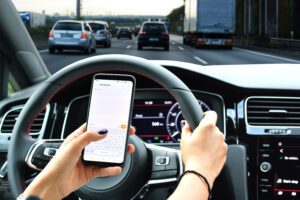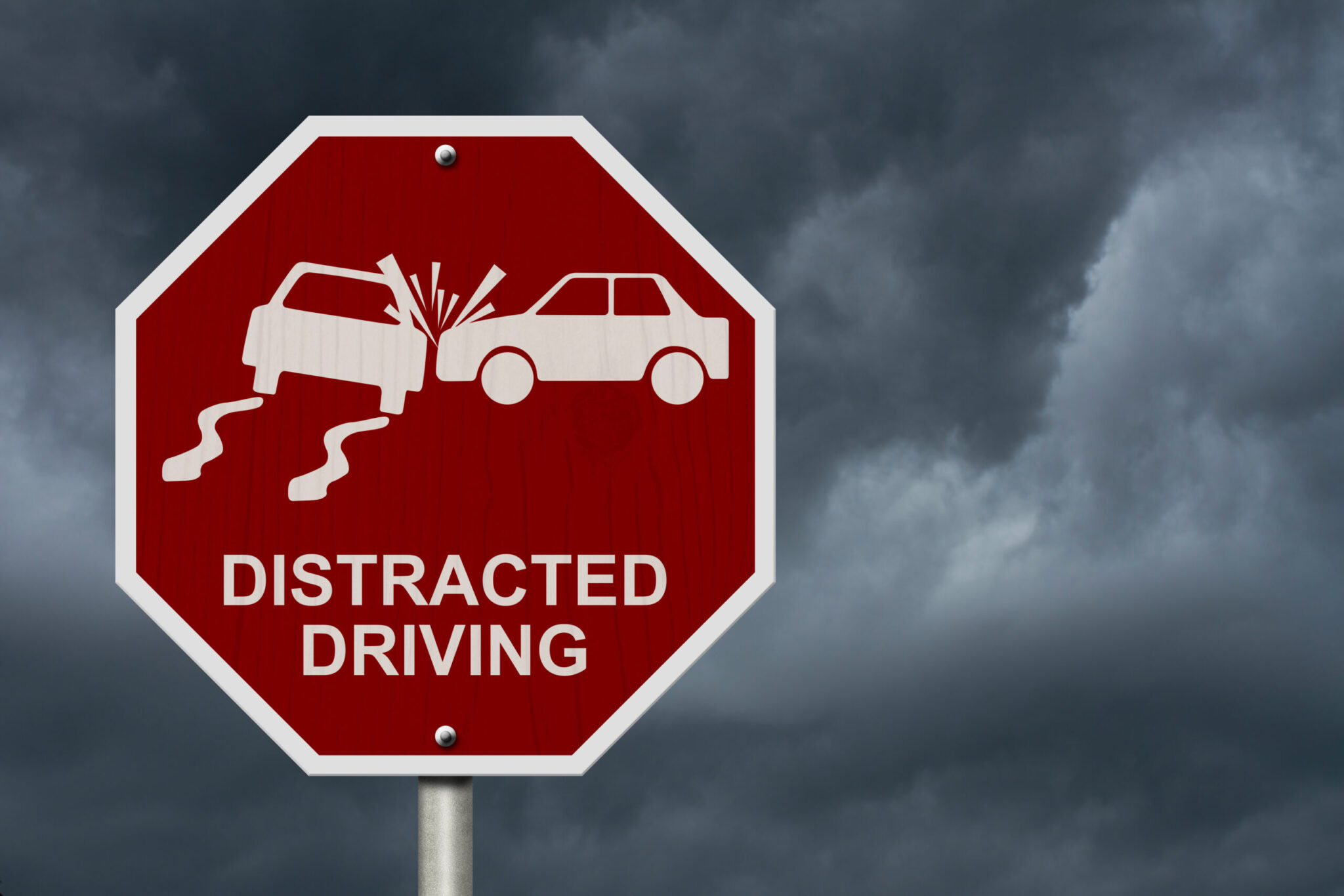Listen up (but please don’t take your eyes off the road): Did you know that a driver’s chances of getting into an accident are doubled by taking their eyes off the road for merely two seconds?
A 2023 CAA survey found that 44% of Ontario drivers admit to having engaged in distracted driving activities at one point or another.
Transport Canada’s National Collision Database, in its most recent annual numbers, noted that 21% of fatal collisions on Canada’s roadways were the result of distracted driving. And it was responsible for 27% of accidents causing serious injury.
Other estimates have pegged distracted driving as the cause of as much as 80% of all types of accidents.
And despite all the warnings and reports about distracted driving (“Don’t Text & Drive” billboards and advertisements can be found everywhere), the modern automobile is making things even worse.
New touchscreens are touching off a rise in distractions
Not surprisingly, a Transportation Research Laboratory study has shown that the latest touchscreen technologies and entertainment systems in cars have proven to add to the distractions, and make reaction times even longer than ever.
“Comparison with previous driver impairment studies showed that the increase in reaction time when interacting with either system using touch was higher than previously measured forms of impairment, including texting and hand-held calls.”
What exactly is distracted driving?
The term is defined by Transport Canada as:
❝
Distracted driving is when a driver’s attention is taken away from the driving task because they are focused on something else.
❞
There are a number of “something else” things that take your attention off the road. Let’s run through each of them and look at why they’re distracting.
- Texting or other smartphone use (e.g. googling, emailing)
- This one’s obvious, but: Anytime your eyes are taken off the road, it will reduce your chances of reacting to (or even seeing) a driving event that requires immediate attention
- Fiddling with the touchscreen ‘entertainment system’ (e.g. Apple Car Play, radio, etc.)
- Once again, this requires taking one’s eyes—and attention—off the road. Trying to find your favourite hits on the radio can result in unwanted hits to your vehicle and others
- Playing with the GPS system (inc. Google Maps, Apple Maps)
- Same as above
- Eating or drinking
- The U.S. National Highway Traffic Safety Administration estimates that the “secondary task distraction” of eating or drinking from an open container while driving increases the likelihood of near-miss crashes or crashes by nearly 39%.
Is a hands-free phone call while driving safe?
- Talking on the phone
- Yes, even hands-free, engaging in a phone conversation, or talking with passengers in the car can be distractions
- Having attention drawn to an event or persons inside or outside the car
- This can include reaching for a moving object in the car, i.e. a pet (a CAA/AAA survey found that 64% of drivers admitted to engaging in a potentially distracting pet-related activity; doing makeup or other personal grooming; or reacting to some event or action outside the car, i.e. ‘rubbernecking’ at an accident: one study found that rubbernecking was responsible for 16% of all distracted driving accidents.
- Generally just being “lost in thought”
“Whatever it is that you need to do – whether it’s sending that text, inputting your destination or setting up your playlist – do it all before you drive,” says Teresa Di Felice, assistant vice president for CAA SCO. “The risks of distracted driving are simply not worth it.”
In fact, the odds are growing larger and larger that if you engage in distracted driving, you’ll end up needing to contact a personal injury lawyer — or worse.
If you or any loved one has been hurt in an accident that you believe involved distracted driving—or any kind of traffic accident—call the experts at Horowitz Injury Law immediately for a free consultation. They have over 35 years of experience handling cases like these and getting their clients the compensation they deserve. Call 416-925-4100.




